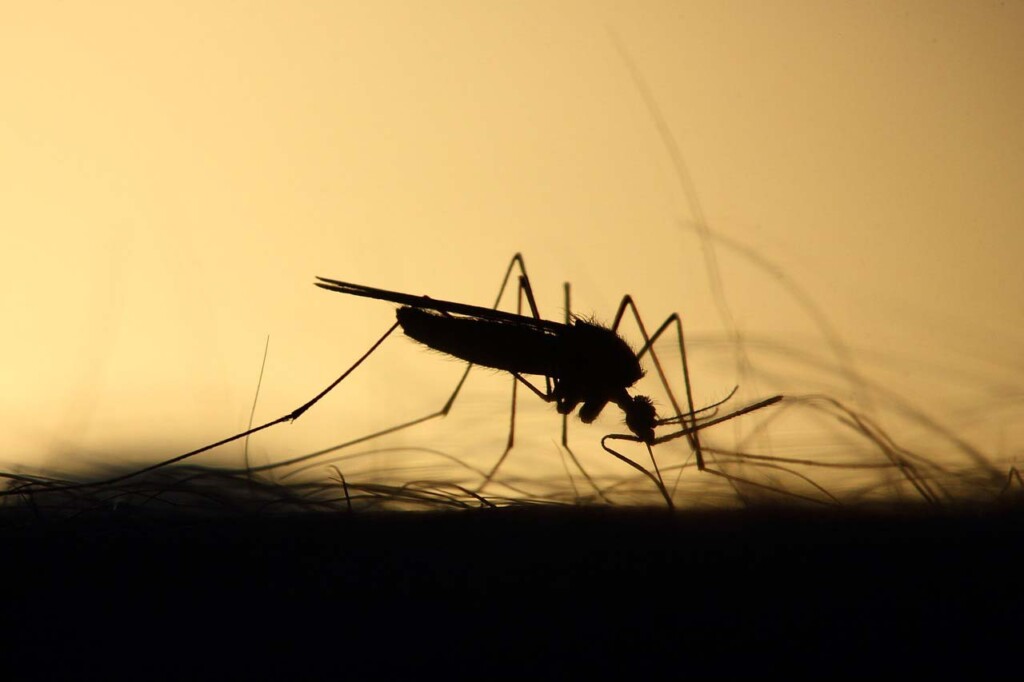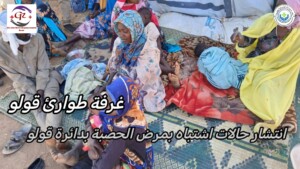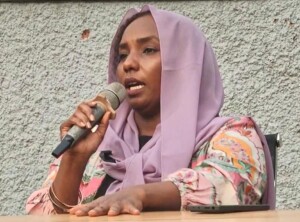Sudan medics ‘sounding the alarm’ on cholera and dengue

Mosquitoes are the main vectors for dengue fever (File photo: CC / Emphyrio via Pixabay)
Medical professionals throughout Sudan report escalating numbers of cholera and dengue fever rates, heightened by the arrival of seasonal rains and shortages in medical supplies.
The Federal Ministry of Health announced 256 cases of cholera infections and 18 deaths in El Galabat East in El Gedaref. They noted the spread of the disease in six localities in El Gedaref, as well as Khartoum’s East Nile region.
The El Gedaref Ministry of Health has formed a medical committee to combat cholera (often called watery diarrhoea by the authorities in Sudan) throughout El Gedaref.
“The federal and state ministries have formed a committee and a technical committee headed by the El Gedaref state health minister, with the participation of UNICEF and Médicins Sans Frontières (MSF)-Netherlands. The committee will track and respond to cases, do daily monitoring and follow-ups,” Montaser Osman, director of the General Department of Health Emergencies and Infection Control.
He believes the government “lacks a strategic stock of supplies, resulting in the present shortage. Unfortunately, the war has affected the ministry’s readiness to fight dengue.”
Dengue fever
According to the Sudanese Doctors Syndicate, 3,398 cases of dengue fever* have been registered in El Gedaref, Red Sea state, North Kordofan and Khartoum, during the period between April 15 until mid-September. 14 states have recorded its presence.
The number of dengue fever patients treated at home is many times higher than in the hospitals and health centres. The fever has entered so many homes that investigating the number of infected people is difficult. The organisation has reported hundreds of deaths and thousands of people infected with dengue fever in the state.
Health sources told Radio Dabanga that the El Gedaref Teaching Hospital, which is already overcrowded, receives 60 suspected dengue cases daily. The laboratory can only test 50 samples of dengue fever a day.
Najwa Ibrahim, a supervisor at the Ministry of Health in El Gezira, said that her office received 27 reports of suspected dengue fever cases, samples of which were taken and sent to the central laboratory in Port Sudan.
The Health Ministry has taken precautionary measures to combat the vector and prevent the disease spreading further. Mobile clinics have been established for investigation, detection, and treatment of the fever.
Ibrahim believes “the emergence of the disease in the state is “likely due to the presence of the carrier in advance and the transmission of the virus currently with the wave of displaced people arriving from Khartoum.”
Muawiya Abdelgadir, director of the Malaria Department at El Gezira’s Ministry of Health, said “we are sounding the alarm, lest the health situation worse and the damage becomes unavoidable”.
As reported by Radio Dabanga last week, doctors in the North Darfur capital of El Fasher have also voiced concern at the rising tide of malaria cases, especially among children. Hospitals in the city report being overwhelmed by hundreds of cases daily. This is exacerbated by undercapacity, as the large El Fasher Teaching Hospital has been closed due to the war, and is now reportedly serving as a military barracks.
*Dengue (aka break-bone fever) is a viral infection that spreads from mosquitoes to people. It is more common in tropical and subtropical climates. Most people who get dengue won’t have symptoms. But for those that do, the most common symptoms are high fever, headache, body aches, nausea, and rash. (Source: World Health Organization)











 and then
and then